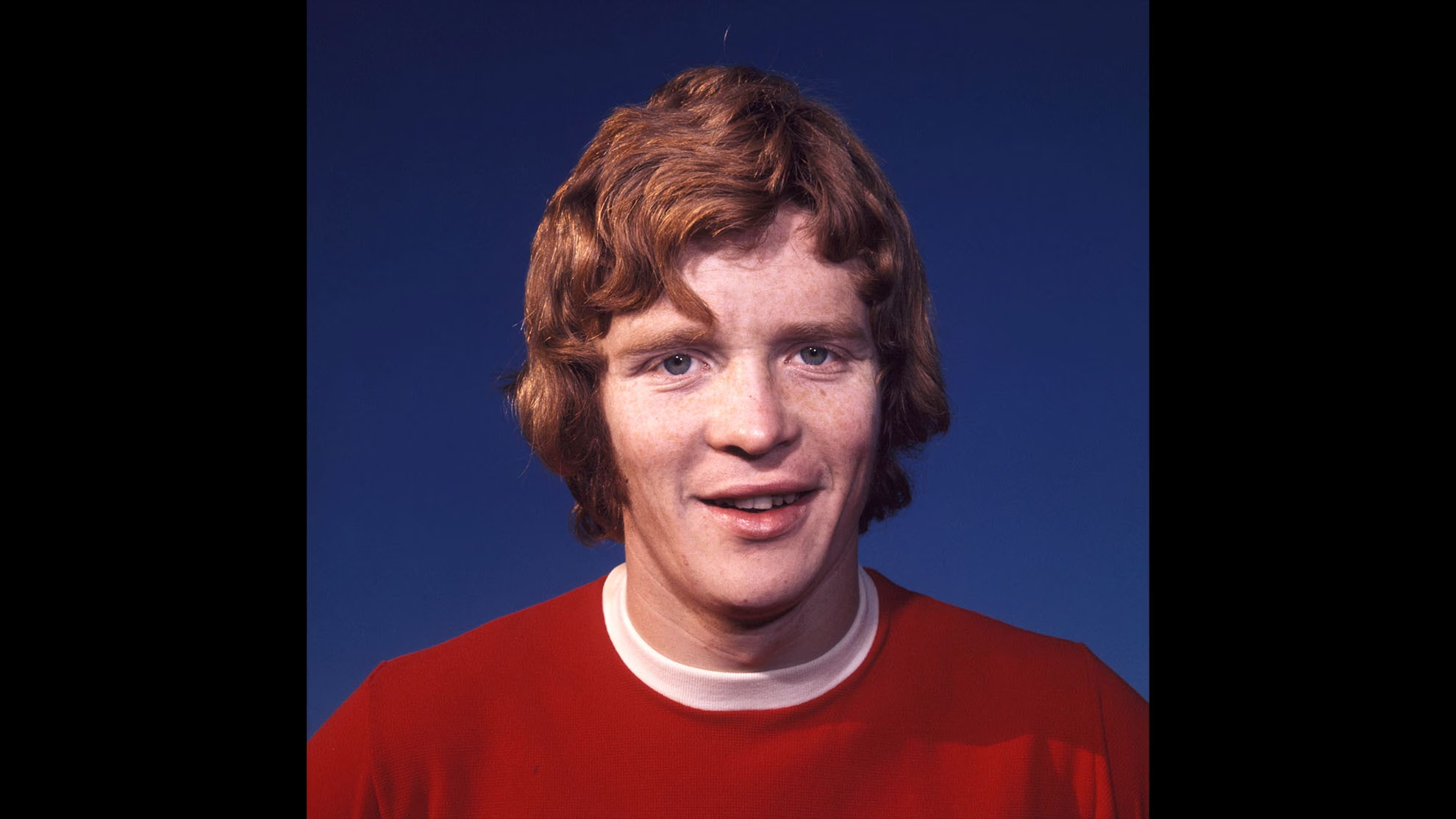News
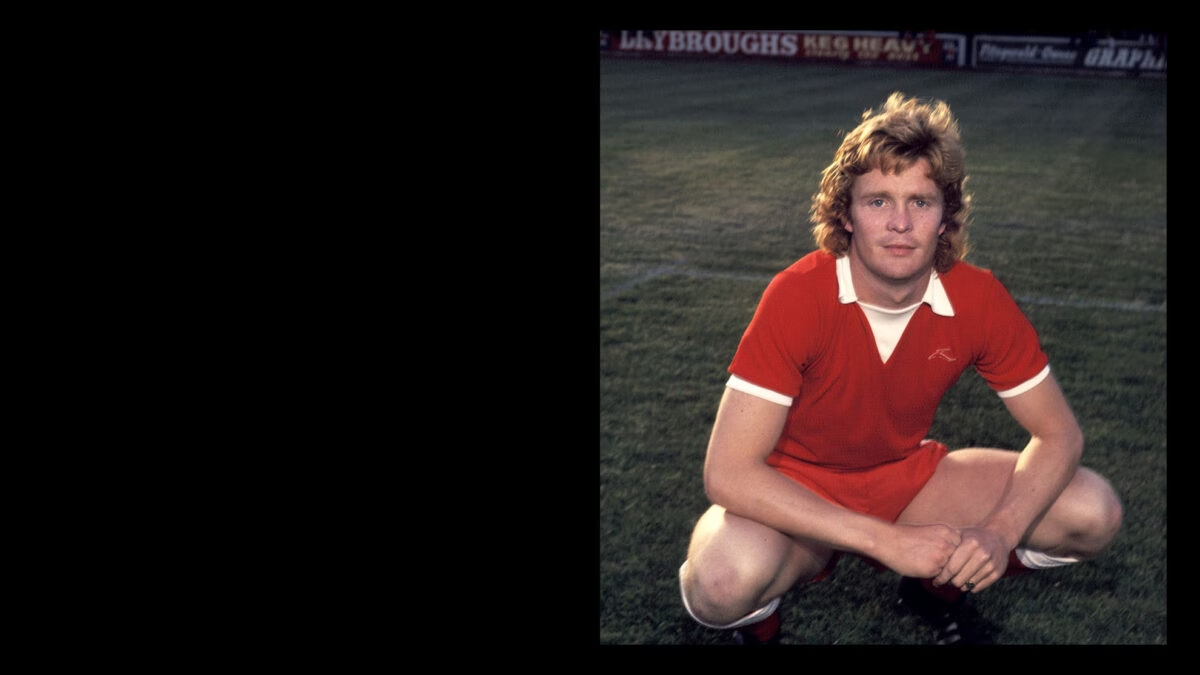
In Memoriam | Willie Young
Everyone at AFC was saddened this evening to learn of the passing of our former player Willie Young.
Between 1970 and 1975 the centre half made 188 appearances for the Dons, which included 11 games in Europe. He also scored 14 goals.
Our thoughts are with his family and friends at this difficult time.
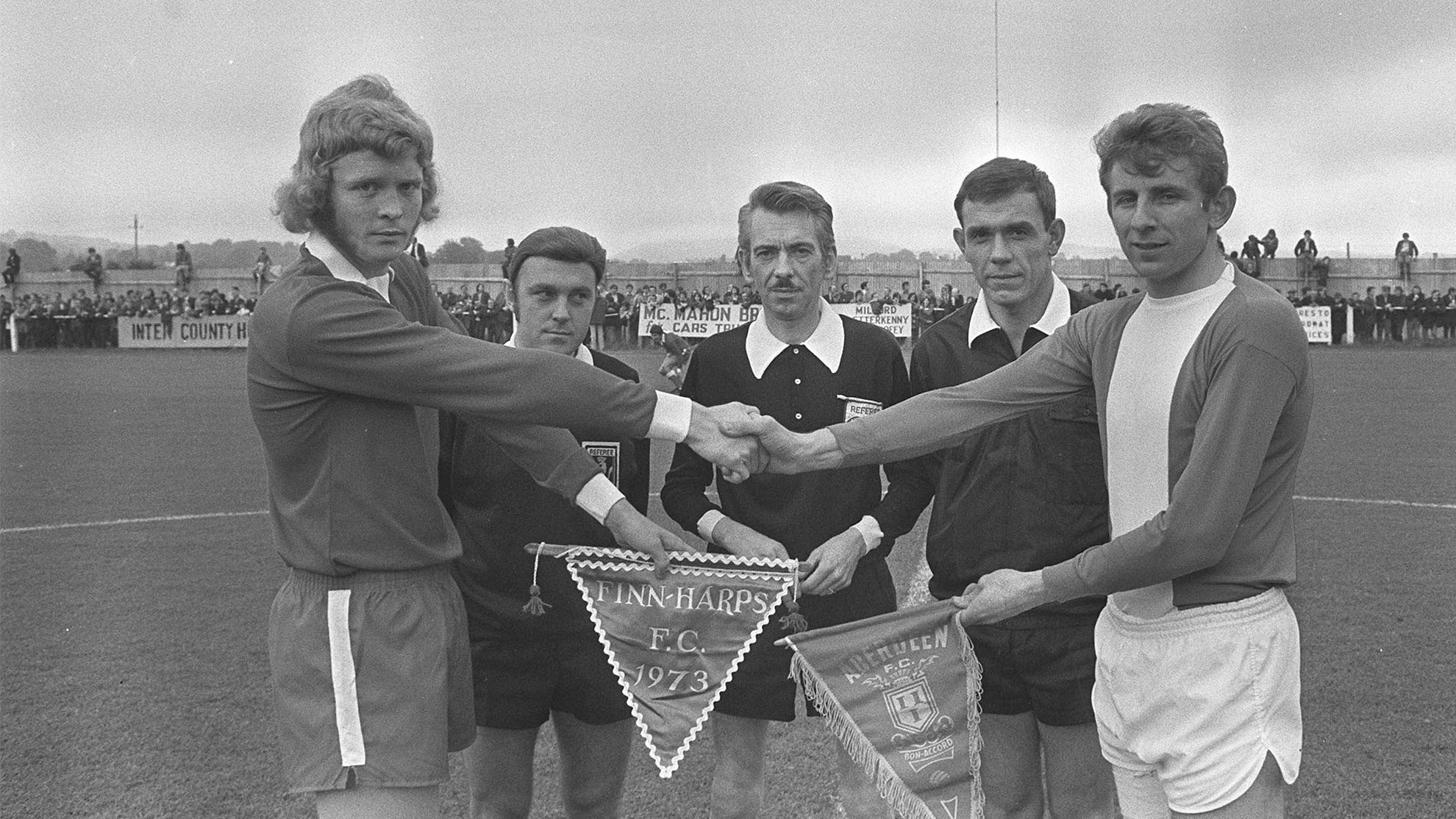
The towering figure of Willie Young was easily recognised wherever Aberdeen were playing and most forwards would have felt intimidated at having to face up to this uncompromising centre-half.
Hailed by many within the game as one of the most promising defenders to emerge in Scotland for a generation, the expectations that big Willie Young would succeed were high.
Originating from Heriot near Edinburgh, Young attended Ross High School in Tranent. The defender was another in the long line of players who had been spotted by legendary Aberdeen scout Bobby Calder, joining the Dons in 1969 from Seton Athletic.
Young towered over many centre-forwards, but also possessed a deft touch that suggested he had all the attributes to become a great centre-half in the Aberdeen tradition. He made his debut against Dundee at Dens Park in a 2-1 win on September 5th 1970.
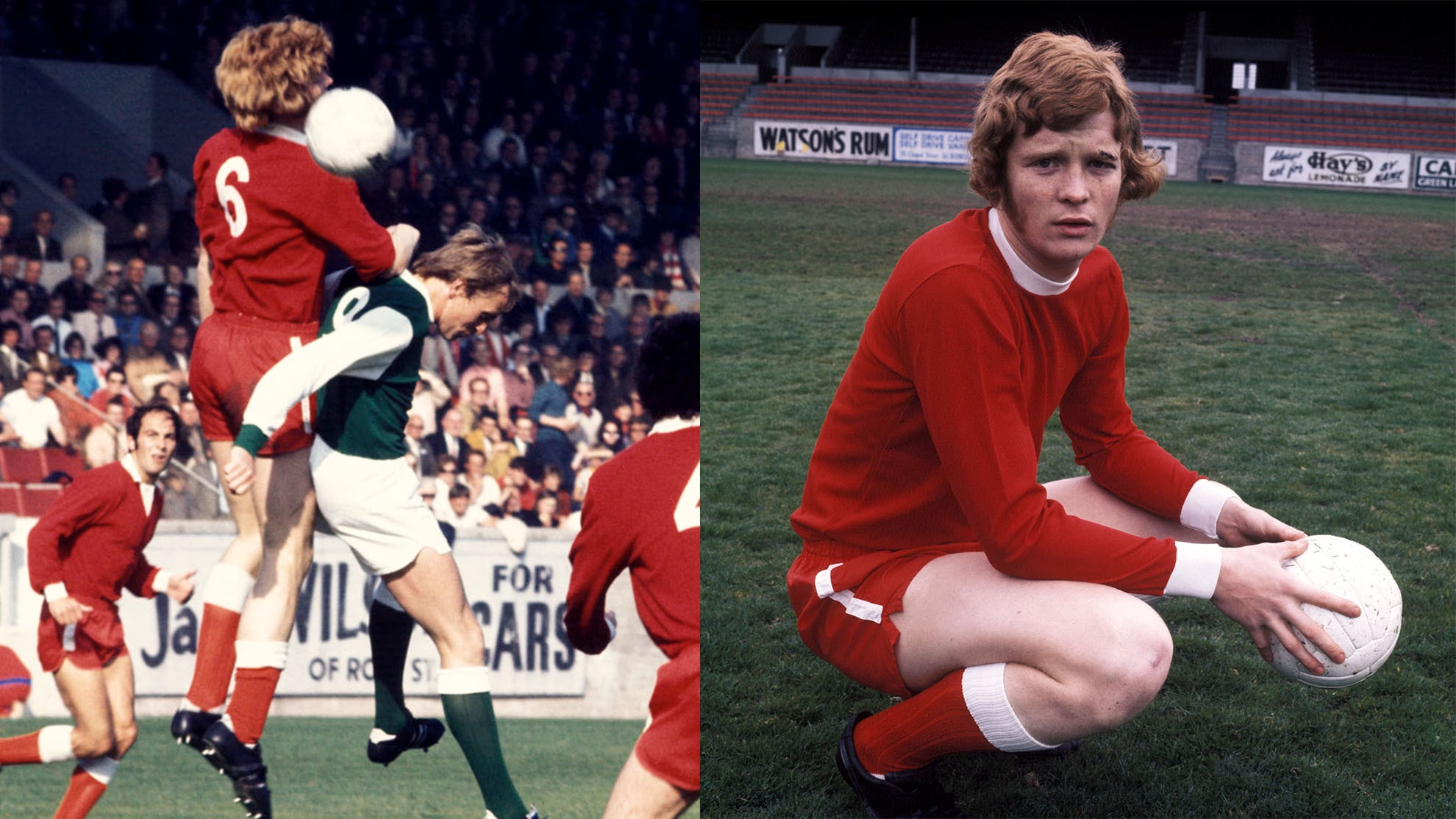
At that time, the Scottish Cup holders had the best defensive record in the UK and it was not until 1971 that Young would eventually establish himself in the first team.
In 1970/71 the Dons narrowly missed out on the League title, but at the end of that season Eddie Turnbull returned to Hibernian. The sudden departure of Turnbull to Easter Road in July, 1971, left the AFC board in a similar position to that in 1955 when Dave Halliday went south to Leicester.
Halliday had vacated the manager’s chair at Pittodrie within weeks of securing Aberdeen’s first-ever League title, and although Turnbull hadn’t quite emulated his early predecessor, he had put together a side that enjoyed a famous Scottish Cup triumph in 1970 and came within a whisker of ending Celtic’s five-year domination of the Scottish League scene the following season.

In 1955 the board decided the proper course of action was to promote the former manager’s right-hand man, Dave Shaw, and in 1971 they agreed on a similar solution with the appointment of Coach Jimmy Bonthrone as the seventh manager of Aberdeen FC.
Under Bonthrone’s guidance, Willie Young would over the next four seasons would establish himself as a regular in the side.
The pairing got off to a great start when the Dons extracted a little bit of revenge for their 1970-71 title disappointment by beating Celtic 2-1 at Pittodrie in the memorable, inaugural Drybrough Cup final in August 1971.
The team that day at Pittodrie was: Clark, Boel, Hermiston, Murray, Young, Buchan, Buchan, Robb, Harper, Willoughby, Graham.

Willie also played in team who famously beat Manchester United 5-2 in a Pittodrie friendly in October 1972. A bumper 34,000 crowd, surely the largest ever Pittodrie crowd for a friendly, flocked to Pittodrie to the see the likes of George Best in action.
The Aberdeen team that night was: Clark, Willoughby, Hermiston, Murray, Young, Taylor, Varga, Robb, Harper, Jarvie, Mitchell (Buchan 67). Unused Subs: Geoghegan, Forrest, Graham, Miller, Murray.
The famous 1970 Scottish Cup team however would soon break up with the likes of Martin Buchan and Joe Harper being sold on. There was always a feeling that had the team stayed together then Aberdeen, with youngsters like Young and Willie Miller coming through, would have enjoyed some real success in the first half of the 70s. Zoltan Varga did not stay around for long and Jim Hermiston would retire.
The Dons League position, second in 1971 and 1972, slipped steadily with Bonthrone at the helm and although he never failed to keep Aberdeen in the top five during his four full seasons in charge, significantly that fifth place, in 1974-75, deprived the club of European football for the second successive season. On the Cup front, that Drybrough Cup triumph aside, the nearest Jimmy came to glory was a semi-final defeat by Celtic in the 1972-73 League Cup.
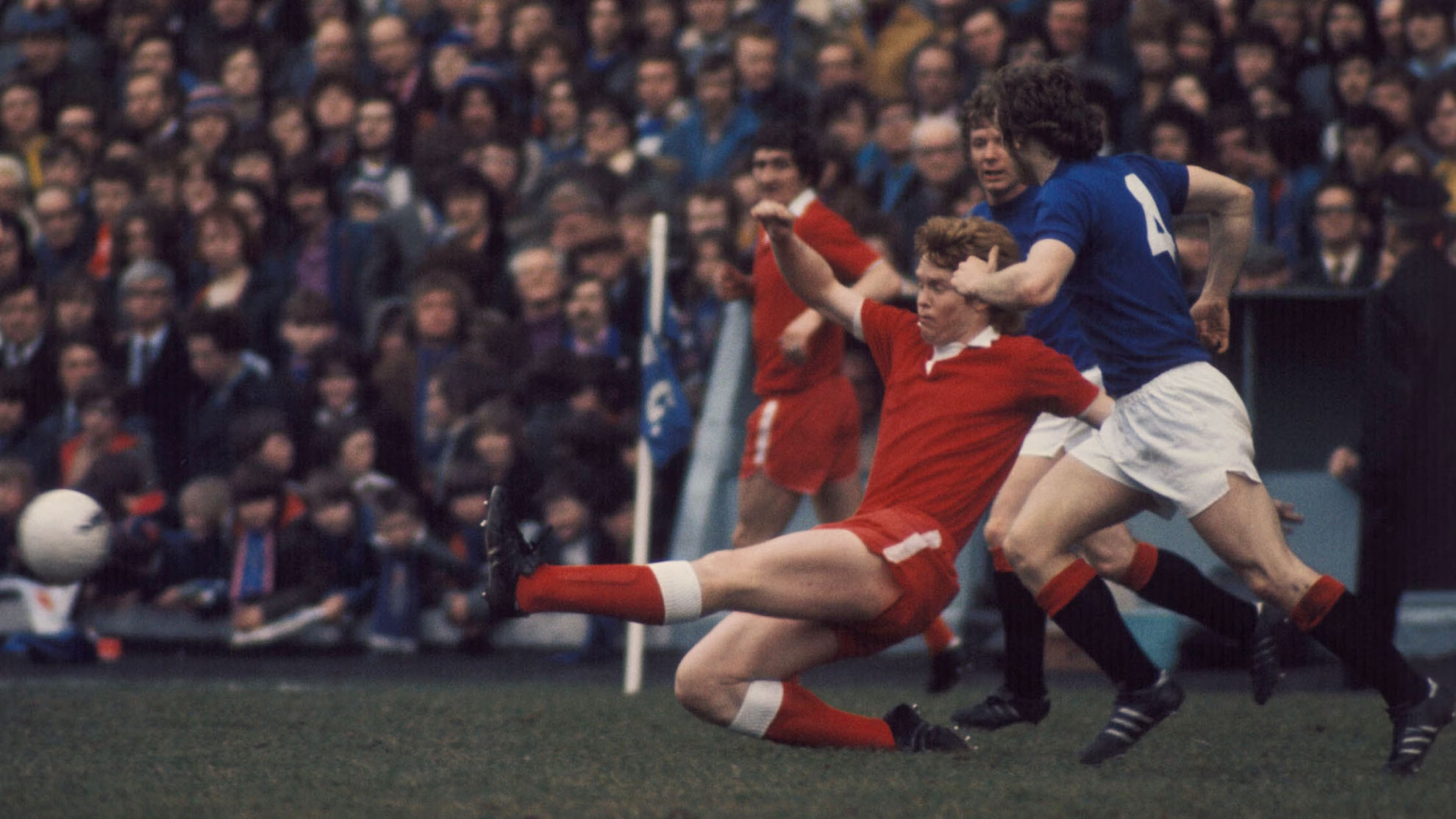
Willie was never shy in coming forward and his fiery temperament sometimes got him into a little bit of trouble.
None more so than in his final game for the club against Dundee Utd at Pittodrie in September 1975. In what was the first season of the Premier League, Aberdeen had really struggled to come to terms with the new set up.
Infront of only 5,000 supporters, Paul Sturrock had given the visitors the lead on 22 minutes, three minutes late through Jocky Scott equalised. But Paul Hegarty gave United the lead again on the stroke of half time and Copland added a third on 67 minutes. Also in the second half, Joe Smith lashed out at Hegarty and was given his marching orders by referee David Syme. But worse was to follow. Dons’ centre half Willie Young was substituted, and he was not happy. Bonthrone took Willie off as he was having a difficult time of it in the eyes of the manager. Young strode off, head bowed and then took his shirt off before throwing it at the Aberdeen dugout as he made his way down the tunnel.
The Aberdeen team that afternoon was: Geoghegan, Hair, McLelland, Scott, Young (Pirie 70), Miller, Smith, Robb, Jarvie, Williamson, Graham. Unused Subs: McMaster.
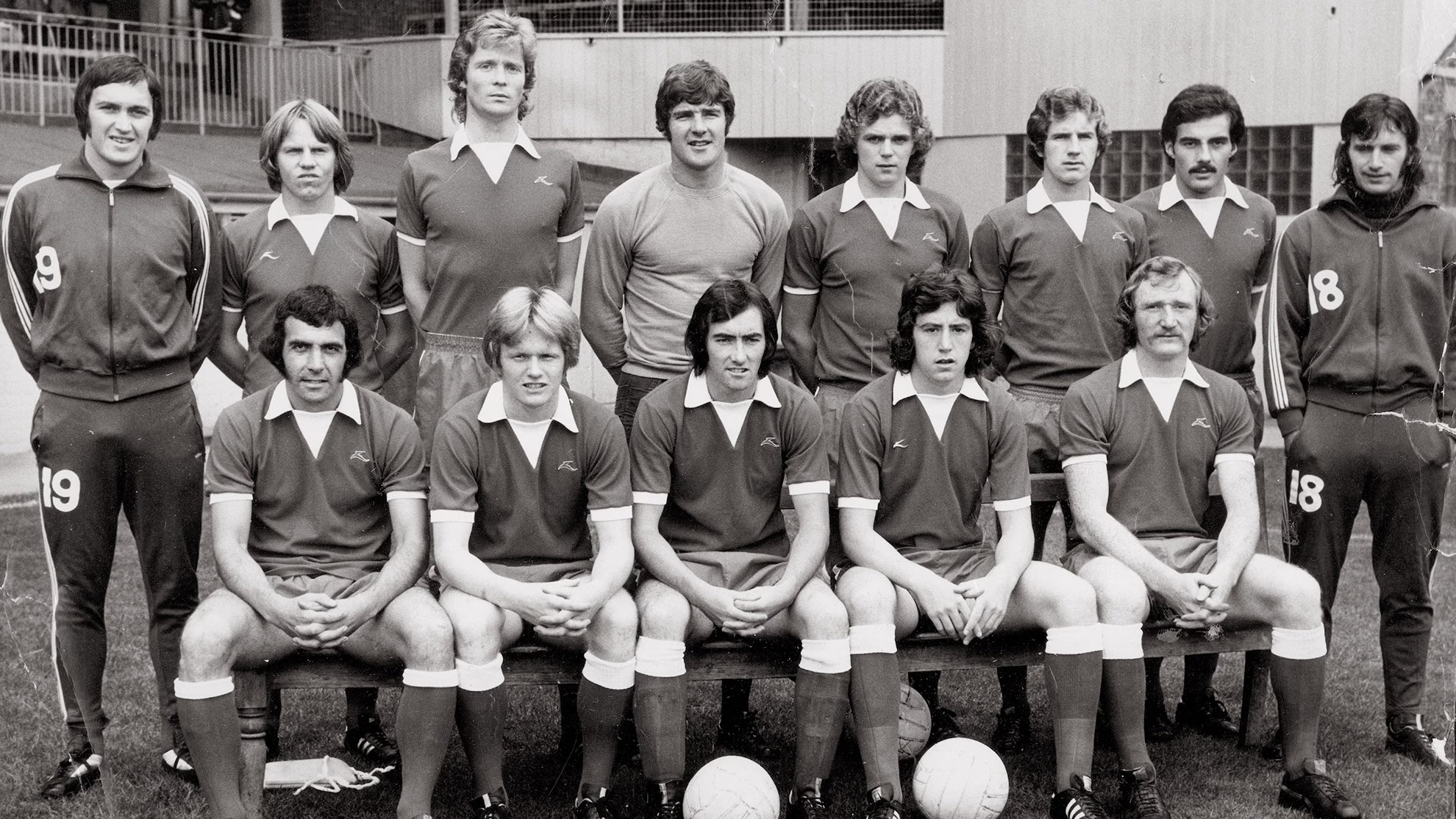
Bonthrone’s authority had been publicly undermined. On October 1, 1975, the Dons were defeated 5-2 at home by Middlesbrough in the quarter-final of the Anglo-Scottish Cup, and within the space of a further 10 days lost to both of the Old Firm teams, leaving Aberdeen joint bottom of the Premier league with St Johnstone. With the clamour for his head growing, Jimmy Bonthrone bowed to the pressure and resigned. His six year spell in charge was perhaps not the most successful, but there was no doubt that Aberdeen played with a style and flair under Jim Bonthrone that had eluded them in the past. He was replaced by Ally MacLeod. Relegation would only be avoided on the final day of the season.
Willie never played for the club again and was soon on his way to London.
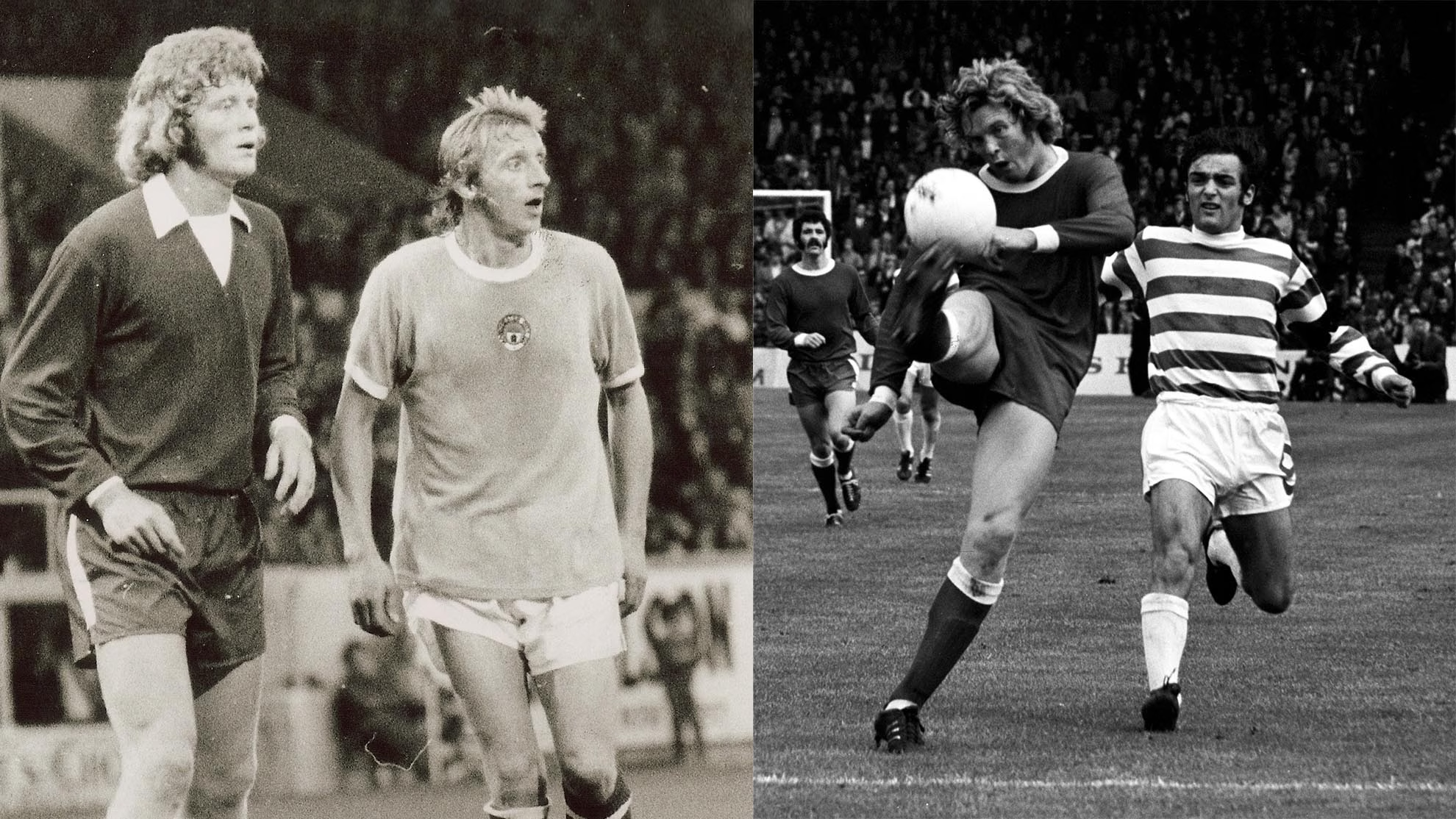
He was signed by Tottenham Hotspur in September 1975 for £125,000. While playing under Terry Neill Willie made over 50 appearances for Spurs in two seasons. Young joined Spurs when they were struggling in the league but did enough to suggest that he would add to his Scotland U-23 honours gained during his spell at Pittodrie.
In March 1977, Young once again signed for manager Neill – linking up at Highbury with Spurs’ arch-rivals Arsenal. Young confesses he was the first player to be jeered by BOTH sets of north London fans! Young struggled to establish himself in the Arsenal side but when he eventually won the fans over, going to become a cult hero, he enjoyed three successive FA Cup Finals in 1978, 1979 and 1980. Young was inspired in the 1979 final as Arsenal won a sensational final 3-2 against Manchester United. Young continued to be Arsenal’s first choice centre back until the 1981–82 season, when he lost his place. Having played 237 times and scoring 19 goals for Arsenal, the 30-year-old Young then joined Nottingham Forest in December 1981 for £50,000, and played 59 times over two seasons there.
Young went on to play 237 games for arsenal before moving to Nottingham Forest, Norwich, Brighton and Darlington before his retirement from the game in November 1984.
At international level Willie was capped five times, scoring one goal for Scotland’s U23s but never played a full international for Scotland having been controversially banned by the SFA after an incident in a Copenhagen nightclub in 1975.
He was one of the unfortunate ‘Copenhagen Five’ who were banned from international football while he was away with the Scottish national squad. He like the other four players involved were harshly treated.
Joe Harper, Arthur Graham, Pat McCluskey and Billy Bremnar were also banished at the time, although Joe, who had scored the winner against Denmark that night, and Arthur were picked a year later.
There is no doubt Willie had the ability to play for Scotland.
After retiring from football he spent 19 years running a pub near Nottingham.
A real character of the game with a colourful career to match, Willie Young was a top top defender on his day, and for his size, was also a very good footballer, one of our most skilled centre backs who went on to prove his ability at the highest level in England.
Rest in peace Willie.
